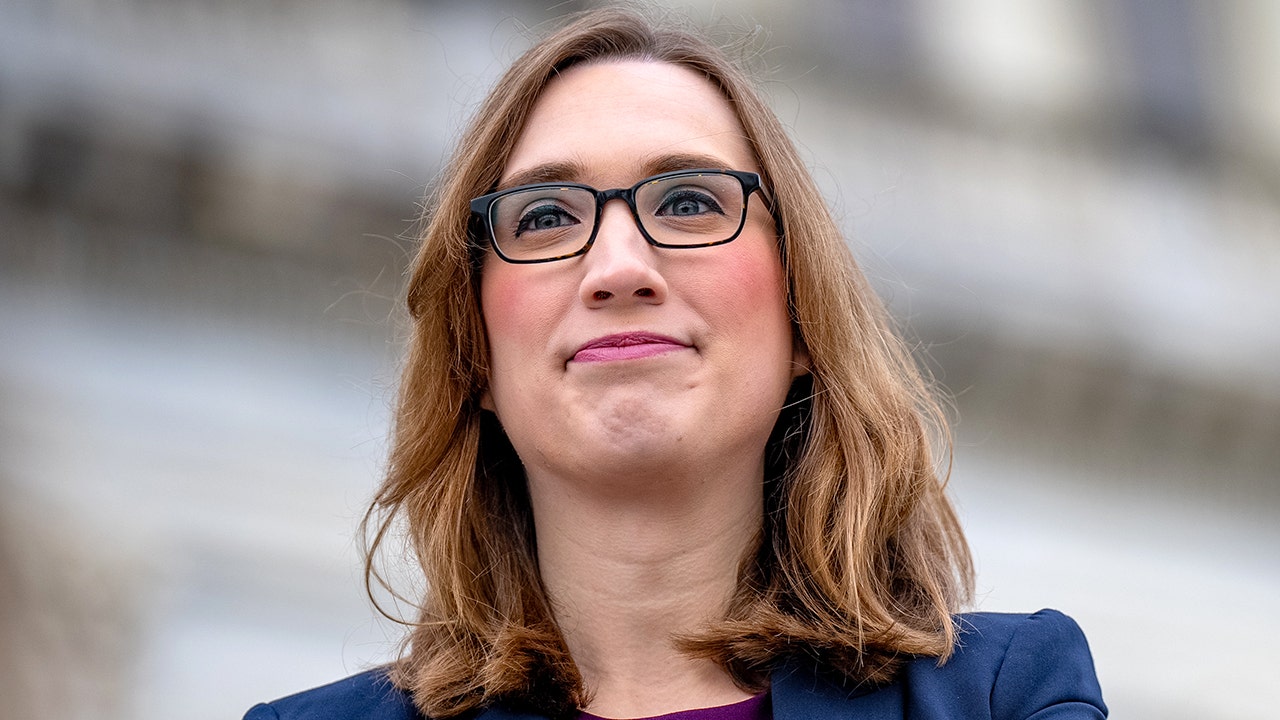There is more in common between Turkey and Russia than one might think.
Both are countries on the periphery of Europe and grappling with the loss of their respective empires.
The process of re-establishing Russian and Turkish great power status has led to a meeting of minds between Moscow and Ankara.
Despite the fact Turkey is a Nato member and the fact Russia and Turkey find themselves on opposite sides in their regional conflicts of Syria, Libya, the South Caucasus, and Ukraine, both share a common interest in cementing their place at the top table of international decision-making.
Indeed, the recent meeting between Turkish president Recep Tayyip Erdoğan and Russian president Vladimir Putin in Sochi on 5 and 6 August was less of a bilateral leaders’ summit between two rivals clashing with one another than an attempt to demonstrate their geopolitical weight.
“Despite the current regional and global challenges, the leaders reaffirmed their common will to further develop Russian-Turkish relations”, the Kremlin said in a statement released after their talks had ended.
Erdoğan went into the meeting with Putin on the back of his successfully brokered agreement between Russia and Ukraine on the resumption of grain exports, which the Turkish leader hopes could form the basis on a long-term peace settlement.
Russia and Turkey have been adept at stoking crises in their neighbourhood and using them to their advantage.
The disintegration of Syria into a state of civil war in 2011 presented an opportunity for Ankara and Moscow to establish a security presence in the Arab world.
While Russia has backed the secular, Alawite regime of Syrian president Bashar al-Assad, Turkey has given its support to Sunni Islamists and other opposition forces.
The Syrian conflict became internationalised with Russian and Turkish forces coming into direct confrontation with one another, as demonstrated in the downing of a Russian jet and the targeting of Russian airstrikes on Turkish soldiers in northwestern Syria in 2020.
Despite the open clashes between Russia and Turkey, the freezing of the conflict in Syria as a result of foreign military interventions has served the shared Russian and Turkish geopolitical objectives.
In facilitating ceasefire negotiations between rebel and Assad-backed forces in Aleppo in 2016, Russia and Turkey became principal international actors in finding a resolution to the crisis in Syria.
This proved to be a turning point in the conflict since it formed the basis of the ‘Astana Format’ talks, which effectively sidelined the West in the Syrian peace process.
The trilateral summits between Russia, Turkey, and Iran are a demonstration that a lasting peace settlement in Syria cannot be possible without Russian and Turkish military force.
A similar picture is being played out in the case of the war in Ukraine today.
Russia and Turkey have intervened in support of forces opposed to one another with the aim of advancing their common regional interests.
The full-scale Russian invasion of Ukraine forced the issue of the failed attempts to implement the Minsk peace accords that Russia and Ukraine signed back in 2015.
Russia insists the separatist-held areas of Donetsk and Luhansk in Ukraine should be granted special status before a withdrawal of its troops can take place.
Turkey has given its endorsement of the Minsk accords (an old ceasefire deal on Ukraine) with Erdoğan’s offer to mediate between Ukraine and Russia welcomed by Kyiv.
Clausewitz rule
The Prussian general and military theorist, Carl von Clausewitz, said that “war is a continuation of policy with other means.”
As the fighting between Ukrainian and pro-Russian separatist forces intensifies and descends into a stalemate, the question of whether the Minsk process offers a viable pathway to peace will keep being asked.
The agreement between Kyiv and Moscow on the resumption of grain exports is an indication that a possible negotiated pathway to the conflict has been revived.
This is a concerning development for the West since it creates the conditions for which Russia and Turkey could cement their respective roles in deciding Ukraine’s fate in a similar way they have done in Syria.
Russia and Turkey are in a strong position to edge out the West in Ukraine in a repeat of what they have managed to achieve in the Arab world.
Europe is starting to feel the impact of the war in Ukraine through the energy and cost of living crisis.
Germany, the EU’s largest economy, has been delaying weapons shipments to Kyiv.
This has forced Poland, the principal hub for the transfer of military equipment to Ukraine, to turn to the United States and others for support.
With fatigue starting to set in on the European continent, there is a real risk that Moscow and Ankara could share the spoils of Ukraine, in a way that leaves its sovereignty and territorial integrity severely compromised.





















Discussion about this post